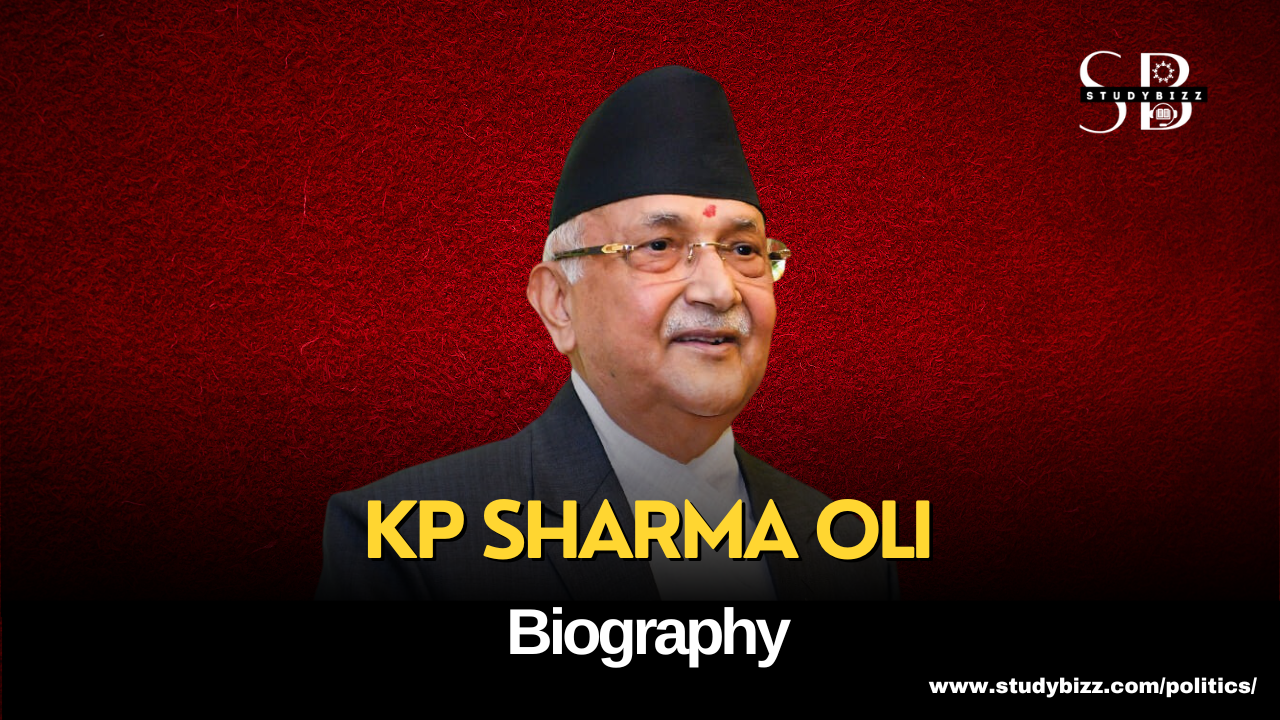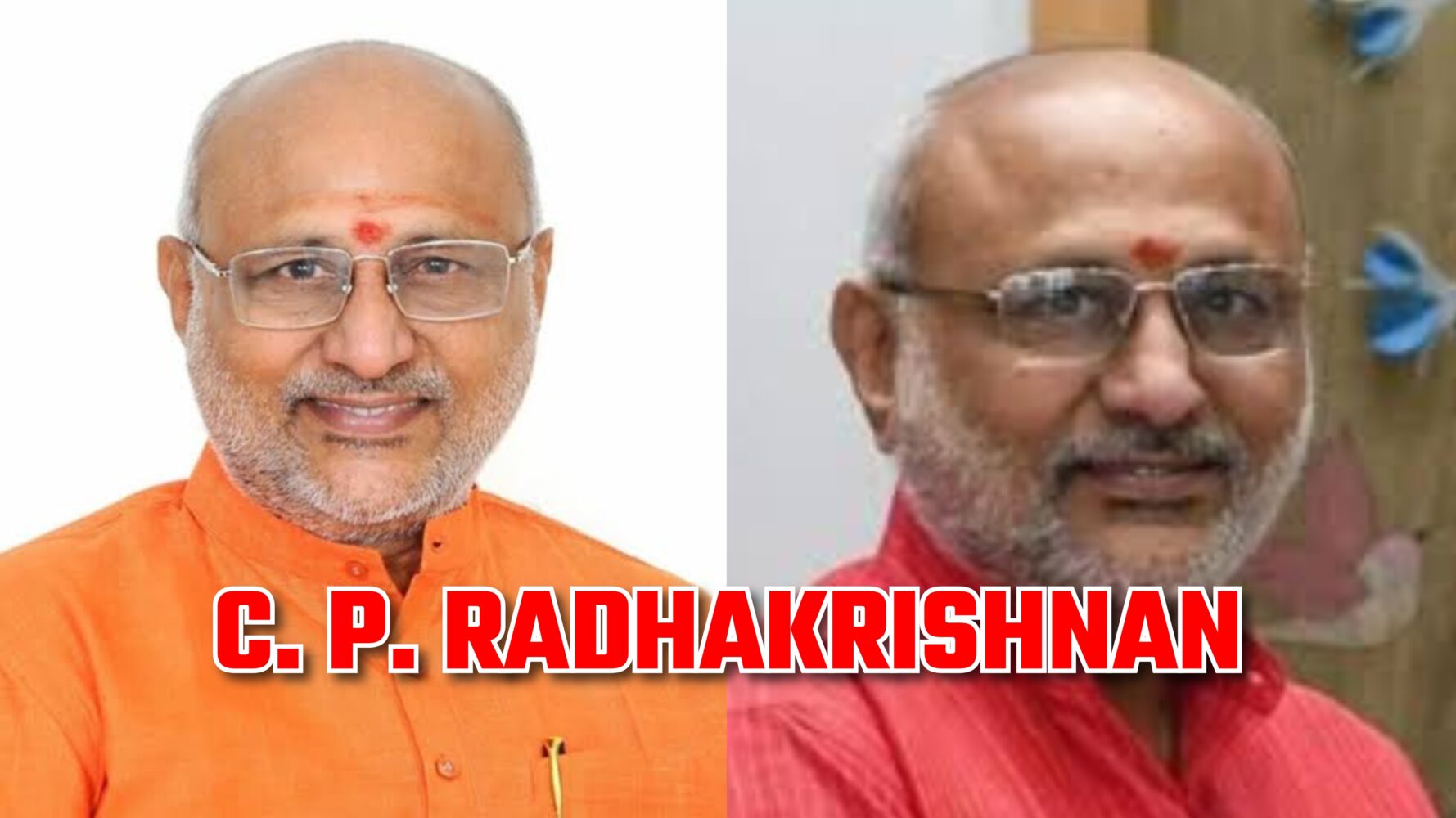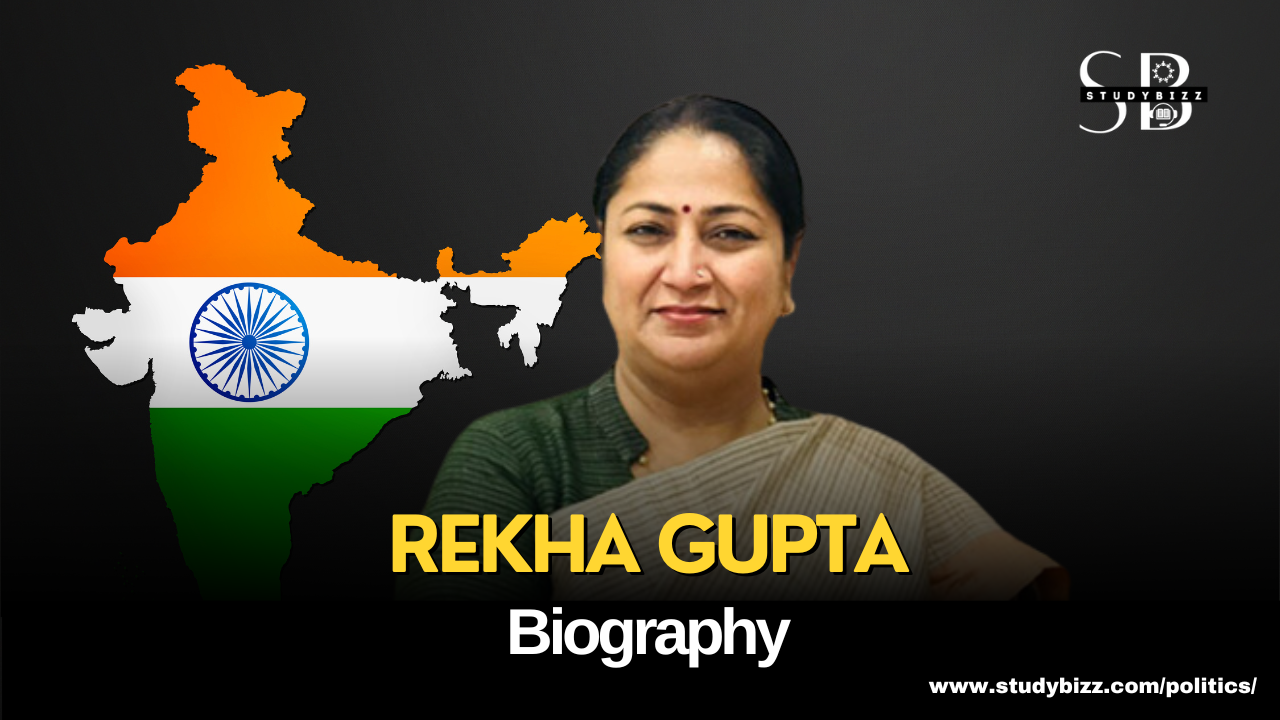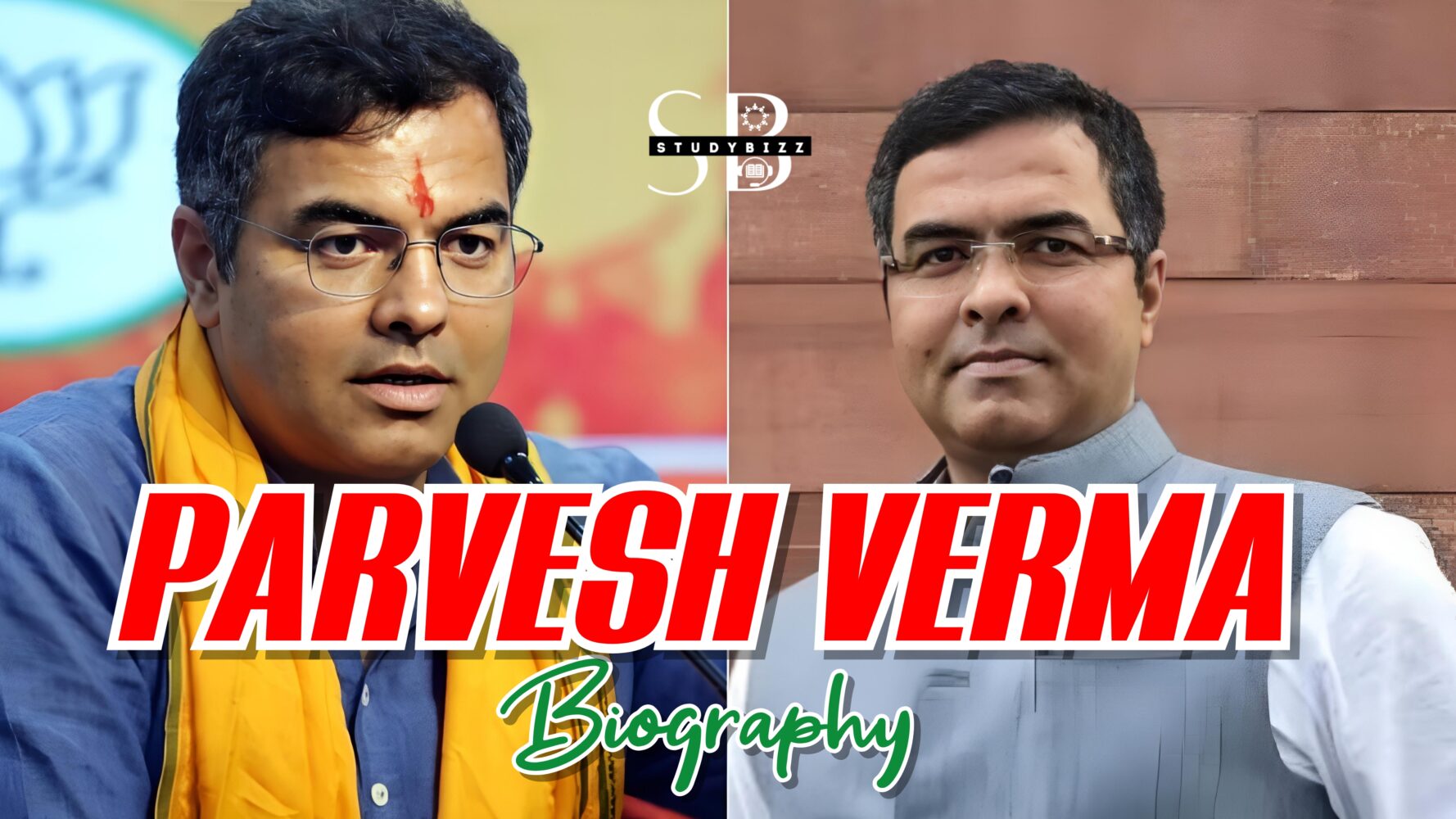KP Sharma Oli, the Prime Minister of Nepal took the oath of office on 15 February 2018, after being elected for the second time to the post. Currently, the Chairman of Nepal Communist Party, the largest political party of Nepal, Mr. Oli has been for decades a torchbearer of democracy, peace and human rights. His life has been full of struggles, dedication and relinquishment for the cause of democracy and people’s rights. A leader with enormous courage and self-dignity he has always placed people’s interest at the center of his political and social activities.
KP Sharma Oli Biography
He was elected as a member of the Constituent Assembly in November 2013 from his constituency in Jhapa. Mr. Oli played a leading role in promulgating the constitution, which has consolidated Nepal as a democratic polity based on human rights, inclusiveness, and rule of law. Promulgating a democratic constitution amidst challenging situation at home and adverse external environment was not an easy task. He indomitably resisted all attempts to undermine constitution writing process and stood firmly for an independent democratic exercise of Nepali people. After the promulgation of the constitution, he was elected as the Prime Minister in October 2015 for the first time. During his first tenure, he made significant contributions in implementing the constitution as well as laying the ground towards economic transformation for ensuring sustainable development and prosperity of the country and people.
Mr. Oli’s role has been instrumental from the genesis of the peace process in Nepal all the way through its successful conclusion. He is one of the architects of the 12 Points Agreement, a milestone in Nepali peace process and democratic transformation, which was reached between the alliance of parliamentary parties and then underground Communist Party of Nepal (Maoist) in 2005. He was convinced that this was the only option left to bring the armed conflict to an end and begin the peace process in the country. He made consistent efforts to bring the two sides to this stage.
Born in 1952 in Terhathum, Nepal, Mr. Oli began his political career as early as 1966 and became a full-time political activist in 1968. As an active member of the party his efforts were directed towards reinstating democracy in the country by freeing it from the autocratic clutches of Panchayat Regime. For his pro-democratic political activities, he was arrested and jailed for 14 consecutive years including 4 years of solitary confinement. This could not silence his political conviction; rather made him strong and determined in his pursuit of political freedom and liberation from authoritarianism. A victim himself of torture and human rights abuse, he has been a strong crusader of democracy and human rights. After being released from the prison, he was assigned the responsibilities as a Central Committee Member of the then CPN (M-L) in 1987 where he was in-charge of the Lumbini zone till 1990.
In the first parliamentary elections held in 1991 after the restoration of democracy in Nepal, he was elected as a Member of House of Representatives, the lower house of the parliament. Similarly, he was re-elected to the seat in 1994 and 1999. Mr. Oli served as the Minister for Home Affairs in the government, which was the first government led by the popularly elected Communist Party, from 1994 to 1995. Similarly, he also served as the Deputy Prime Minister and Minister for Foreign Affairs from April 2006 to March 2007. While in office, he led the efforts to consolidate rule of law, democracy, and human rights.
An able organizer, skillful communicator, and dedicated leader, Mr. Oli has served his party in different periods of time in different capacities including Politburo Member, Chief of the departments on international affairs, publicity, parliamentary affairs, party school. While he was the Chief of the Department of Parliamentary Affairs from 1995 to 2008, Mr. Oli contributed to the internal democratization of the party as well as played a leading role in the democratic struggle at the national level. He had a prominent role during the People’s Movement of 2006 that was launched to end the direct rule of the King and to establish Nepal as a democratic republic.
In July 2014, Mr. Oli was elected as the President of the party by the 9th National Congress. Under his leadership, he led his party and the left-alliance to the victory in the provincial and parliamentary elections of 2017. He also played an instrumental role in the unification of CPN (UML) and CPN (Maoist Centre), two left parties which were also the members of the left alliance.
Apart from his mother tongue, Nepali, Mr. Oli is conversant in several languages including English and Hindi. He is married to Mrs. Radhika Shakya. He is fond of reading the works on philosophy, political economy, literature, arts and culture. He has also been active in social works and loves to play various sports including table-tennis.
KP Sharma Oli Political Career
| 23 February 1952 | Born in Terhathum District, Eastern Nepal; as the eldest son of father Mohan Prasad and Mother Madhumaya Oli |
| 1963 | Migrated to Jhapa District |
| 1966 | Began his political career |
| 1968 | Became full time political activist |
| February 1970 | Joined the Communist Party of Nepal (CPN); arrested for the first time under the Public Offense Act due to his involvement for the cause of democracy and establishment of republican state |
| 22 May 1970 | Went hideout to steer up the movement as the full time leader |
| 1972 | Nominated the Chief of the Jhapa Movement Organizing Committee |
| 1973 | Arrested with various false charges such as his involvement in subversive acts and jailed for 14 consecutive years including 4 years of solitary confinement |
| 26 December 1976 | Communist Party of Nepal (Marxist-Leninist) or CPN (ML) was formed while he was in imprisonment; he was regarded by the comrades as the founding leader |
| 1987 | Released from the jail, assigned responsibilities of Central committee member of the then CPN (M-L); began activities as the in-charge of Lumbini Zone till 1990 |
| 1990 | Founding President of Democratic National Youth Federation, Nepal (DNYF), a youth wing of the party |
| 6 January 1991 | Communist Party of Nepal (Unified Marxist-Leninist) or CPN (UML) founded by merging two largest communist groups, the CPN (ML) and CPN M, became founding Central leader of UML |
| 1991 | Elected member of House of Representatives, lower house of Parliament from Jhapa-6 |
| 1992 | Chief, Central Department of International Affairs of UML |
| 1993 | Elected Politburo member of the party and assigned responsibility of Chief of Central Department of Publicity |
| 1994 | Re-elected member of lower house of Parliament from Jhapa-2 |
| 1994-1995 | Appointed Minister for Home Affairs in first ever popularly elected Communist Party led government under Prime Minister late Man Mohan Adhikari |
| 1995 (till to April 2008) | Chief, Department of Parliamentary Affairs of UML |
| 1998 | Proposed a motion on tactical line of the party, which was adopted by overwhelming majority; elected Standing Committee Member of the party; Chief, Central Department of International Affairs |
| 1999 | Re-elected member of lower house of Parliament from Jhapa-6 |
| 1999-2002 | Deputy-leader of Main Opposition Party in the Parliament |
| 2000-to date | Chairman Afro-Asian Peoples’ Solidarity Organization (AAPSO), Nepal |
| February 2003 | Proposed a motion to restructure party’s central body with multiple position such as President, Vice prez, Gen Secretary, Secretaries etc at the 7th National Congress, however his idea was put on hold; re-elected Standing Committee Member of the party, re-assigned Chief of Central Department of International Affairs |
| April 2006 to March 2007 | Appointed the Deputy Prime Minister and Minister for Foreign Affairs in the interim government led by Prime Minister late G.P Koirala |
| April 2008 | Lost at the Election of Constituent Assembly |
| 2008 to 2009 | Chief, Central Department of Party School |
| February 2009 | Party accepted his proposal of multiple position in central committee at 8th National Congress, contested for position of Chairman of the party, however lost by JN Khanal; elected the standing committee member and assigned again the Chief of the Central Department of International Affairs |
| November 2013 | Elected member of Constituent Assembly from Jhapa-7 |
| 4 February 2014 | Elected leader of parliamentary party in CA and legislature- parliament by defeating the then party Chairman JN Khanal |
| 1 July 2014 | Elected President of the party by 9th National Congress by defeating MK Nepal |
| 11 October 2015 | Elected the Prime Minister in legislature parliamentary, sworn in on 12 October |
| 24 July 2016 | Addressed House session at the legislature-parliament, resigned from the post of prime minister |
| 4 August 2016 | Handover the power formally to the new prime minister PK Dahal |
| 15 February 2018 | President Bidhya Devi Bhandari administered the oath of office and secrecy as 41st Prime Minister |
| 2024 | President Bidhya Devi Bhandari administered the oath of office and secrecy as 41st Prime Minister |




Leave a Reply